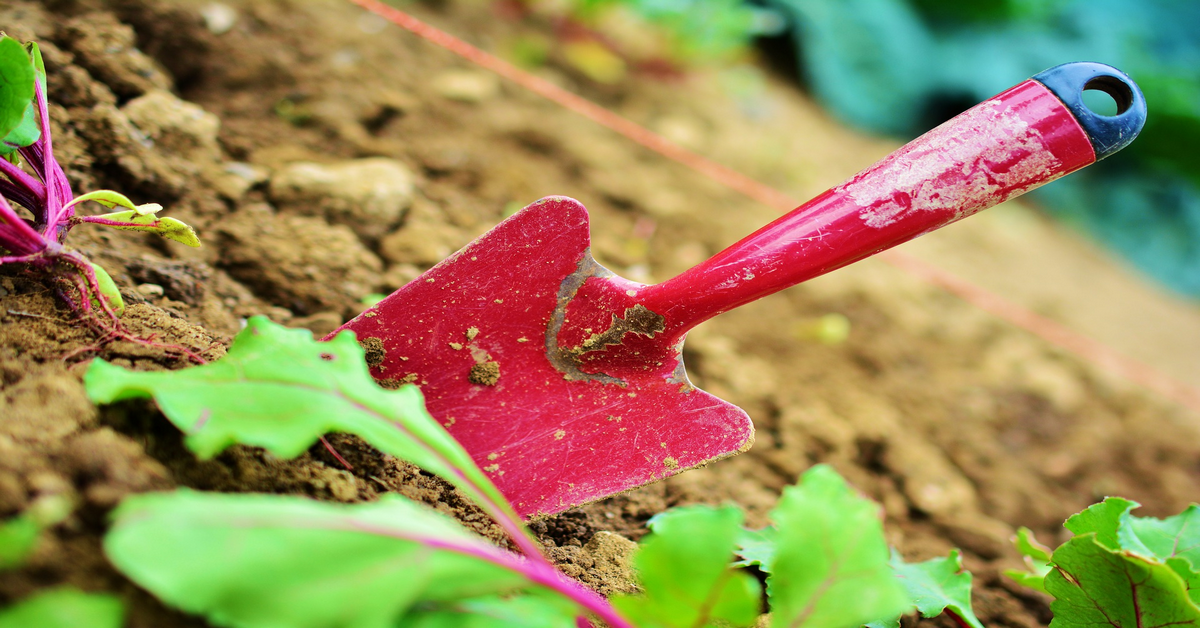Does it seem like the greener grass is always next door? You might believe that your next-door neighbor has a special formula for a beautiful yard that no one else knows about. Planting a garden does not have to be an elaborate effort of backbreaking work. Instead, one can work wonders in the garden with dedication, and a willingness to learn. You can start to increase your gardening knowledge today by reading the information below.
Plant some perennials in your garden that repel slugs. Snails and slugs can destroy plants in just one night. They gravitate towards perennials with smooth thin leaves, particularly on younger plants. Others, though, are disliked by slugs and snails. Those with rough leaves or an unappetizing taste will be less desired by slugs and snails. Some perennial families that snails and slugs won’t eat include achillea, campanula, and helleborus.
Plants need CO2 grow well. When exposed to high levels of CO2, most types of plants will grow better. A greenhouse is the best way to create an environment rich in CO2. If you have a greenhouse, keep CO2 levels high.
When dealing with any type of seeds in gardening, it’s important that you soak them overnight in a cool, dark location. Drop some seeds into a small glass or other container, and fill it with water. This will allow seeds to be watered and they will get a kick start when growing. This will also give your seeds a much better chance to survive and mature.
You must protect tender, deciduous shrubs. Tender shrubs are very sensitive to cold weather, especially those that are planted in pots. Tie the tops tightly together, and cover the wigwam with a sheet or blanket draped loosely over it. People sometimes use plastic to wrap their plants, but plastic can cause the plants to rot because it impedes air circulation.
Fresh mint is a wonderful addition to a herb garden, but it can quickly take over your entire yard. Instead of planting mint in your garden, keep it in a large container or pot to prevent it from spreading. If you would like, go ahead and plant the container and the plant right in the ground to prevent root overtake.
Try dividing the irises. You can get more irises by dividing the overgrown clumps. When you see the foliage is definitely dead, lift up the bulbous irises. The bulbs often divide in your hand with no intervention on your part, and when you replant them, they will usually flower the following year. Cut rhizomes into pieces with a knife. Get rid of the center and keep the new pieces you cut from the outside. If done properly, each piece that remains for planting should have a minimum of one viable offshoot. Replant your new rhizome pieces as soon as you have finished the cuttings.
Using natural materials in the garden will keep pests away. Plant marigolds or onions around other vegetables to keep slugs away from them. Insect pests will stay away from seedlings and trees if you use wood ash around the base as a mulch. These methods are environmentally-friendly and mean you do not have to resort to harsh chemicals.
Pest control can be very difficult when dealing with a vegetable garden. Since your vegetables are meant to be eaten, refrain from spraying them with harsh chemicals. To safely keep your garden pest-free, keep a sharp eye out. If you happen to notice them early on, you can control them just by physically removing them from your plants with your hands.
Fall Colors
Plan your garden, and plant with fall colors in mind. However, that does not have to be the case! The autumn season can be one of the best growing seasons and is certainly the most colorful. Maple trees, Dogwood, and Beech trees exist in lots of Fall colors that range from deep crimson to yellow. Also, when considering shrubs, try using cotoneaster, hydrangea, or barberry.
Gardening helps with relaxation. You can relax and be at peace in many different ways. One of the best ways to do this is gardening. It does however require a small investment of money but has tremendous returns. Your beautiful lush garden will allow you to reap a harvest of peaceful tranquility.
If you’re growing plants indoors, keep your thermostat around 65 or 75 degrees daily. It is important for them to be kept in this temperature range if they are to grow properly. If you don’t like keeping your home that temperature in the winter, you may wish to consider getting a heat lamp, instead, to keep your organic plants the correct temperature.
Working in the garden doesn’t have to be grueling; learn to work more efficiently. Don’t spend 30 minutes searching for a tool. Have all of your tools gathered and prepared for use before you work in the garden, and make sure to put them away neatly. You can use a tool belt, or you may want to wear pants with extra pockets.
Believe it or not, pine makes great mulch. Some garden plants have a high acidity, and prefer acidic soil. There is no better, or easier, way to make your acid-loving plants happy then to use pine needles you already have on your beds. Spread the needles over the beds in a layer that is approximately 2-inches deep. Over time, the needles will begin to decay, supplying the soil with acid as they do.
Your authenticity as an organic grower is solidified when you obtain the organic gardening certification. With this, you and your crops are credible and 100% legitimately organic. This is important for your business and to your customers. This should boost your sales while proving to your customers that they are getting healthy products.
As you can see, the tips in this article are easy to implement. All you have to do is implement what you have just learned. Monitor how the plants in your garden respond to any new techniques that you choose to use. If one thing doesn’t work, try another. With patience and attention, your garden will become a source of pride for you and your neighborhood.








Customer Reviews
Thanks for submitting your comment!